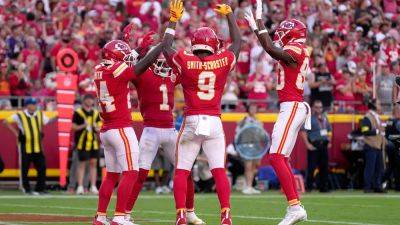New NFL overtime rules: Big questions on coin flip strategy - ESPN
We got our first overtime frame of the 2025 NFL season in Week 2, when the New York Giants and Dallas Cowboys ended regulation tied at 37 after three scoring plays in the final minute. The Giants won the coin toss in overtime and chose to have the second possession. Neither team scored on their first drive — Dallas ultimately won on a 46-yard field goal with just 4 seconds left in overtime — but it brought up a question: Should NFL coaches take the ball first or second in OT? We say they should take it first — but it's a close call and there are arguments for both sides.
From 1974 to 2011, overtime was sudden death, good and proper. First team to score wins. Winning the coin toss and taking the first possession was accordingly always optimal. Even after 2012, when the NFL adjusted the regular-season rules to give the second-possession team a drive after a first-possession field goal, it was still optimal to take the ball first, because a touchdown ended the game. Since 2012, there have been 201 overtime coin tosses — only two winners elected to kick off, and only three winners deferred the choice to pick a side of the field to defend. There was rarely any thought to the decision.
Until now. In 2025, the NFL is adopting the postseason overtime rules they've used for the past few seasons during the regular season. A first-possession touchdown no longer ends the overtime period. Short of a defensive score (or a possession that lasts the entire 10-minute extra period), both offenses will now possess the ball. If, at the end of each first possession, the score remains tied, then the next score wins. Should the 10-minute overtime period expire with the score still deadlocked, the game ends in a tie.
We saw something close to








